On World Humanitarian Day, we highlight the inspiring work of two humanitarians from Rwanda: Christine Mumporeze, a Child Protection Officer, and Bonaventure Kubwayo, a Driver, both working with Plan International. Starting at 9:00 a.m. at the refugee camp where they are stationed, they share a day in their role, discuss their humanitarian journey, the impact of their work, and the tireless efforts they make to keep hope alive within refugee communities.
Spending a day with them revealed something powerful: humanitarian action is, at its core, the act of carrying hope forward.
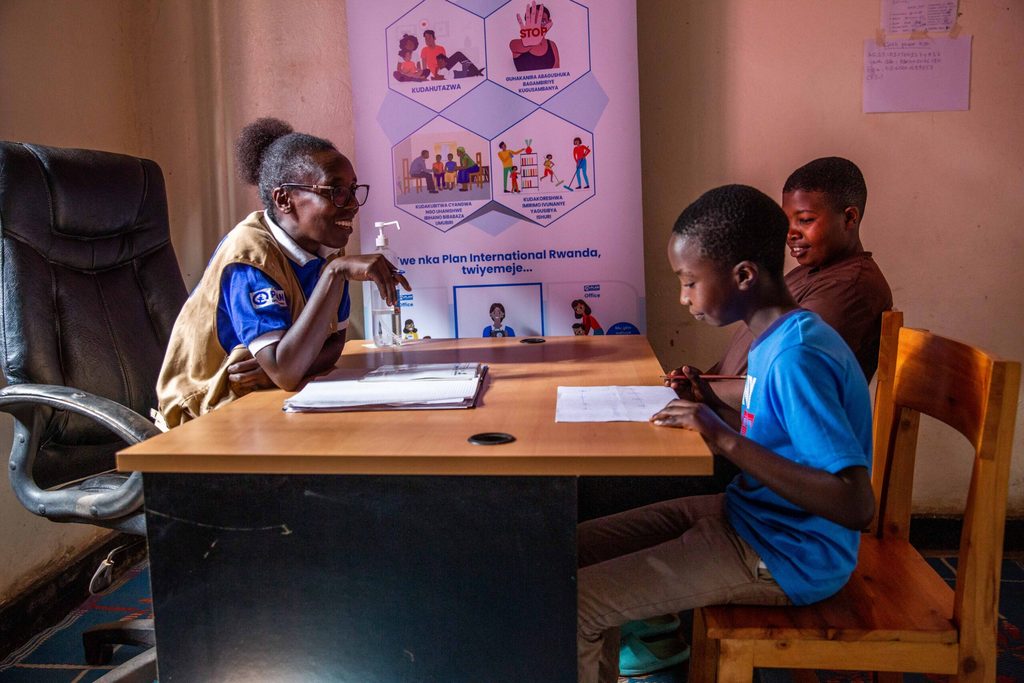
A humanitarian championing child safety
Christine has dedicated more than a decade to serving refugee communities across Nyabiheke, Mahama, Kigeme and Kiziba. Her work centres on preventing and responding to child abuse, neglect and exploitation, while strengthening families and communities to better protect children.
What she treasures most is seeing children smile. “There’s nothing I enjoy more than seeing a child smile,” she says with pride.
“I’m proud to stand for change in my work, especially when I find solutions to eradicate any form of child rights abuse. Whether in the refugee community where I serve or beyond, my greatest goal is to ensure that every child is safer today than they were yesterday, and remains so.”
Christine Mumporeze
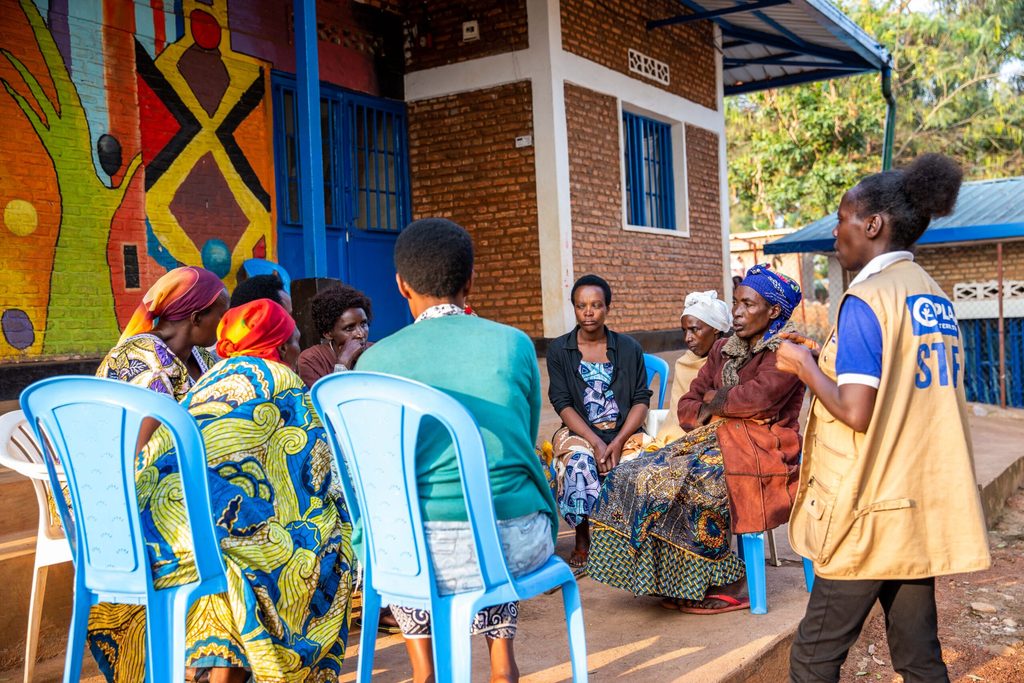
“I’m proud to stand for change in my work, especially when I find solutions to eradicate any form of child rights abuse. Whether in the refugee community where I serve or beyond, my greatest goal is to ensure that every child is safer today than they were yesterday, and remains so,” Christine shares.
The challenges are real. Refugee communities bring together diverse cultures, and at times, certain practices or social norms, such as corporal punishment, verbal abuse, or the expectation that children remain silent, can normalise harm and make violations more difficult to detect.
Christine’s response is one of patient, persistent engagement: community dialogues, family counselling, referrals, and case follow-up that prioritise children’s rights.
“I joined humanitarian work because I wanted to help restore people’s hope. The early days were challenging but over time I realised there’s no greater purpose than seeing someone who felt hopeless begin to believe again.”
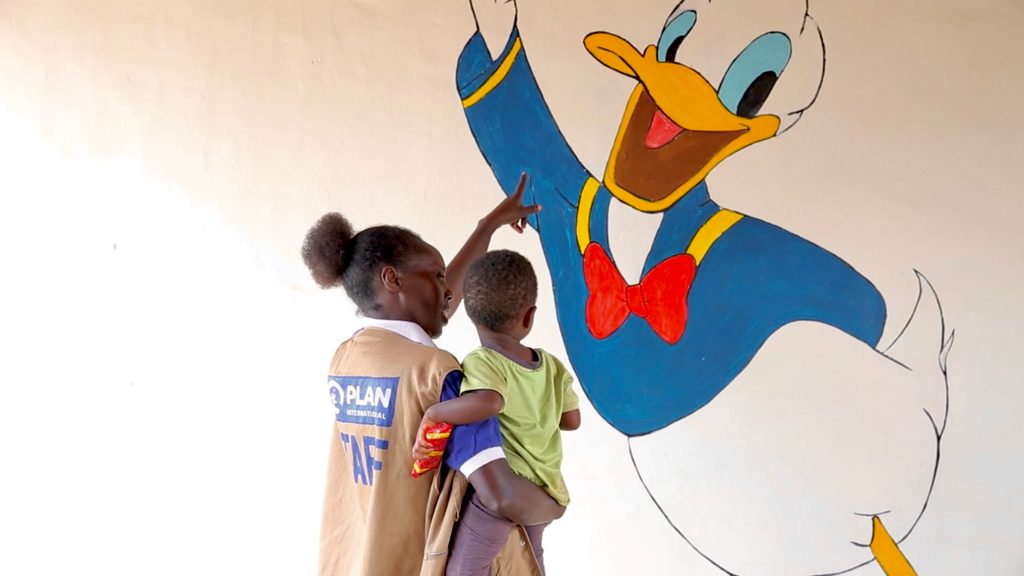
Transport: The backbone of delivering care
For Bonaventure, 5 years of humanitarian service as a driver have meant long days, difficult roads, and urgent responses, transporting fellow workers to where they’re needed most.
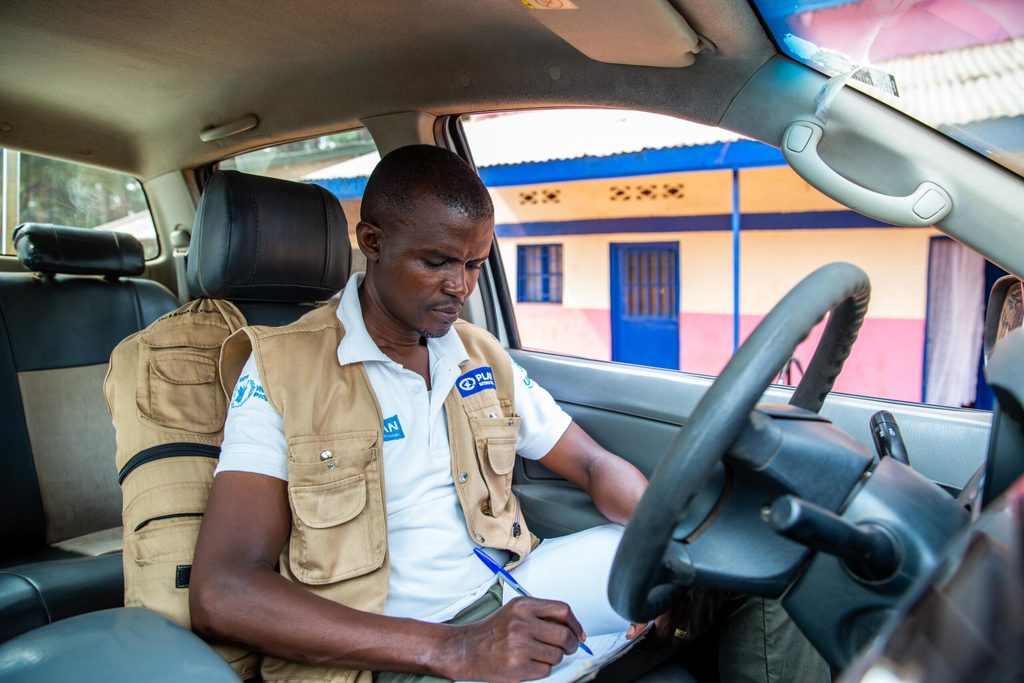
“Driving is one of the ways services reach people. Timely transport makes all the difference in delivering urgent support to those in need. When I do that, I feel happy.”
Bonaventure Kubwayo
“Driving is one of the ways services reach people. Timely transport makes all the difference in delivering urgent support to those in need. When I do that, I feel happy.”
From navigating the challenges of the COVID-19 pandemic to supporting emergency operations, Bonaventure has witnessed how quickly circumstances can change, and how vital reliable transport becomes when they do.
Bonaventure’s measure of success is simple:
“I do my work with full passion because I know I’m serving the most vulnerable in society, especially during emergencies. I feel proud when the support reaches the right place at the right time.”
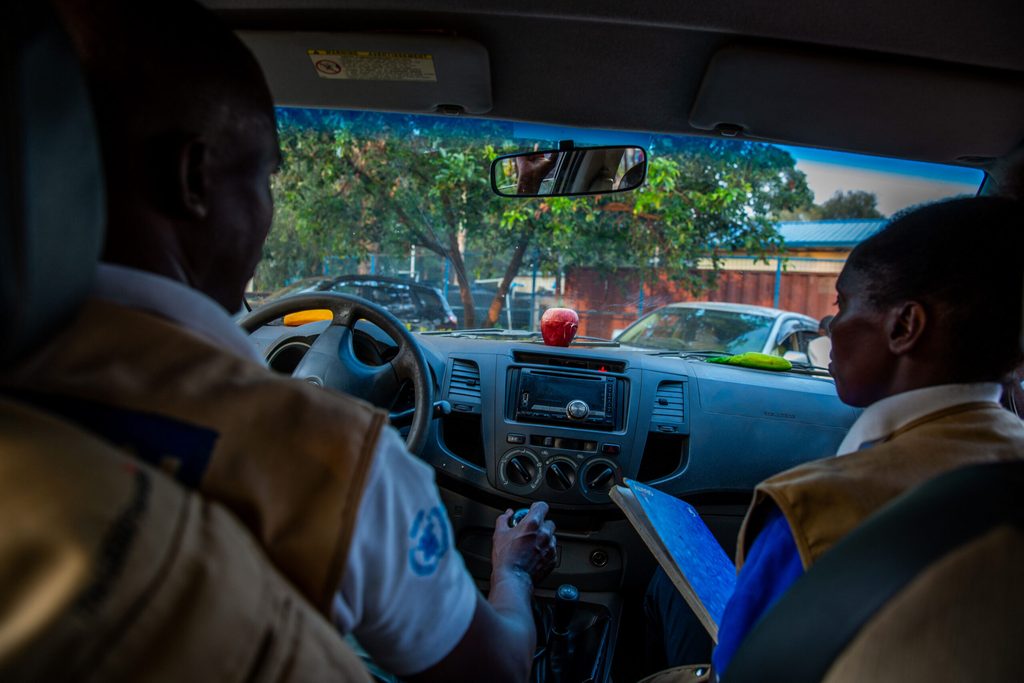
A shared purpose for World Humanitarian Day
On the World Humanitarian Day 2025, Christine and Bonaventure’s stories remind us that humanitarian action is both practical and profoundly human. Their occasional partnerships, through protection, dialogue, and countless kilometres, show how different roles come together to achieve one outcome: hope made tangible.
Both work in refugee camps, among the areas where Plan International Rwanda operates across the country, including Mugombwa, Kigeme, Kiziba, Nyabiheke, Mahama, and the Nkamira Transit Centre.


